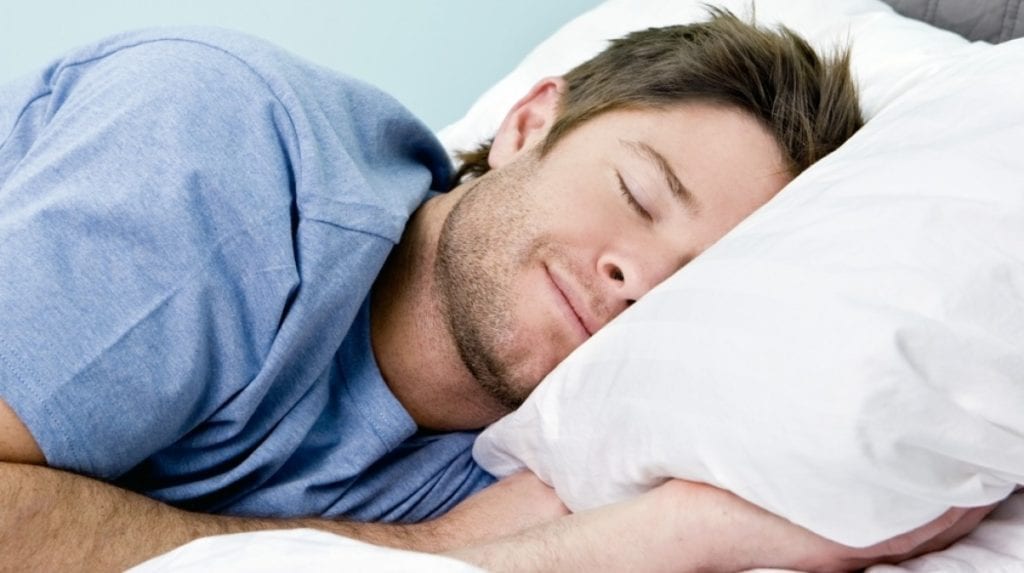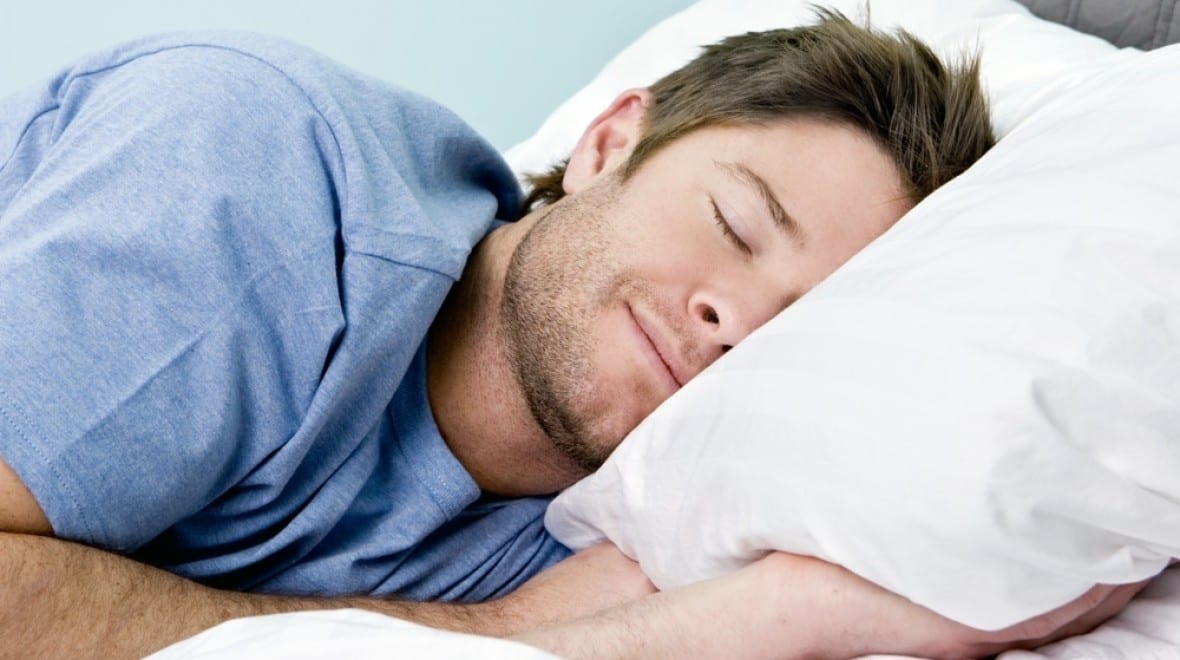
Think that drowsiness is the worst side effect of getting too little sleep? Think again. While daytime sleepiness can negatively impact your ability to focus and increase your irritability, there are less noticeable yet profound consequences taking place as well that can seriously affect your physical health.
Don’t miss this quick guide to little-known dangers of sleep deprivation (and what you can do about it):
Cognitive Decline
New research continues to shine a light on how increased sleep debt (and poor sleep efficiency) lead to cognitive decline in older adults, increasing risk for conditions like Alzheimer’s and dementia.
One of the primary actors in Alzheimer’s are clumps of beta-amyloid proteins that form plaques and block communication between neurons. Studies have shown that sleep helps to clean up these waste byproducts in the brain and lack of sleep tends to elevate their levels. A 2018 study even showed that even just one night of sleep deprivation increased levels of this dangerous protein in the brain.
Increased Risk for Depression and Anxiety
In a survey of people with depression and anxiety, researchers found that most respondents slept 6 hours or less each night, well below the recommended minimum for adults. While this might indicate that mental illness contributes to poor sleep habits, studies have also shown that the flipside is true.
The National Sleep Foundation shares that individuals with insomnia are ten times as likely to develop depression in part because of mood changes (irritability, paranoia, stress) but also because of biological and metabolic factors associated with chronic sleep debt.
Weakened Immune System
Want to give your immune system a fighting chance? Then sleep on it. Recurring hours of shut-eye are just what the body needs to send in reinforcements to your immune system so it is prepared to defend itself in the event a foreign pathogen like bacteria or a virus gets in.
In fact, sleep deprivation has been shown to suppress the release of important proteins called cytokines which the body utilizes to fight infections and inflammation. Poor sleep habits and insomnia have also been linked to increased risk for diabetes, stroke, and heart disease too.
Weight Gain
In addition to the brain filing away memories and conducting a general cleanup of neural pathways while you sleep, the body also tends to hormone management. Key hormones like leptin are produced during sleep cycle; leptin is responsible for helping control your appetite. When you skip out on sleep, your body is not afforded the opportunity to boost leptin production and instead raises levels of ghrelin which stimulates your appetite.
Not only that but getting too little sleep can exhaust your energy levels and make you less likely to both exercise as well as make healthy food choices the following day. This combination of factors can increase your risk of weight gain and effectively, obesity.
How Much Sleep Should You Get
You may have heard that the length of recommended sleep varies by individual. Some people simply don’t need as much sleep as others, right? Not necessarily. Leading experts still agree that of all the hours in a day, the fraction of which the average human adult should sleep should equal about 7 to 8 hours (or 29 to 33 percent of the sleep-wake cycles).
If you are having trouble getting quality shut-eye, try some of these helpful steps:
- Prioritize comfort – a supportive and comfortable mattress and pillow are a must for getting quality sleep. You don’t want to be dealing with neck pain or back aches because of a poor sleep surface like an old, worn out mattress or super-thick pillow.
- Limit blue light – decrease your blue light exposure (which has been shown to suppress sleep hormones) in the hours before bed by avoiding digital devices like your smartphone or tablet, and even covering or dimming the light emanating from appliances like your alarm clock.
- Stay cool – forget about bundling up and piling on the covers when you head to bed. Research shows that the body actually prefers an ambient temperature between 60 and 67 degrees to provide the most sleep-inducing environment.
- Skip late-day caffeine – make sure your afternoon latte or hot tea is decaf. Consuming stimulants in the afternoon and evening only makes it harder for your brain and body to wind down at a reasonable bedtime.
- Exercise – ensure regular, quality sleep by wearing your body out through physical exercise each day whether it’s a hike after work or early morning HIIT.
